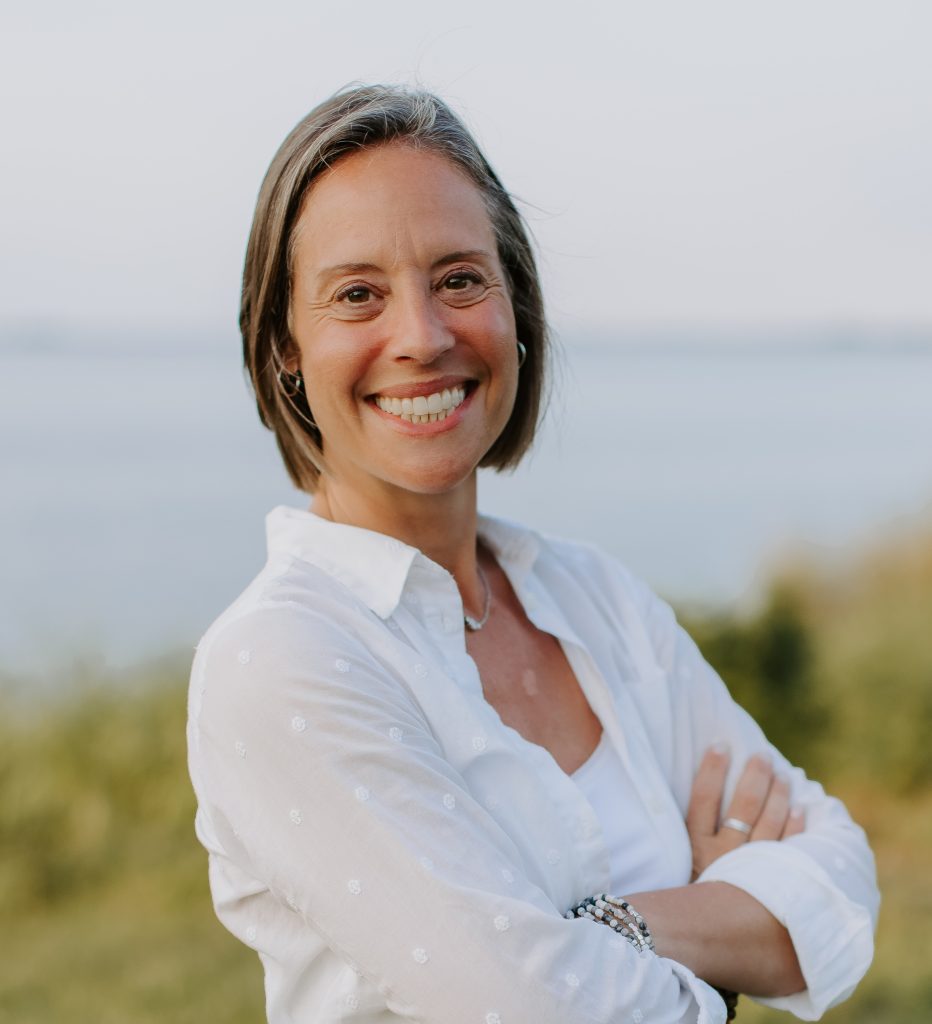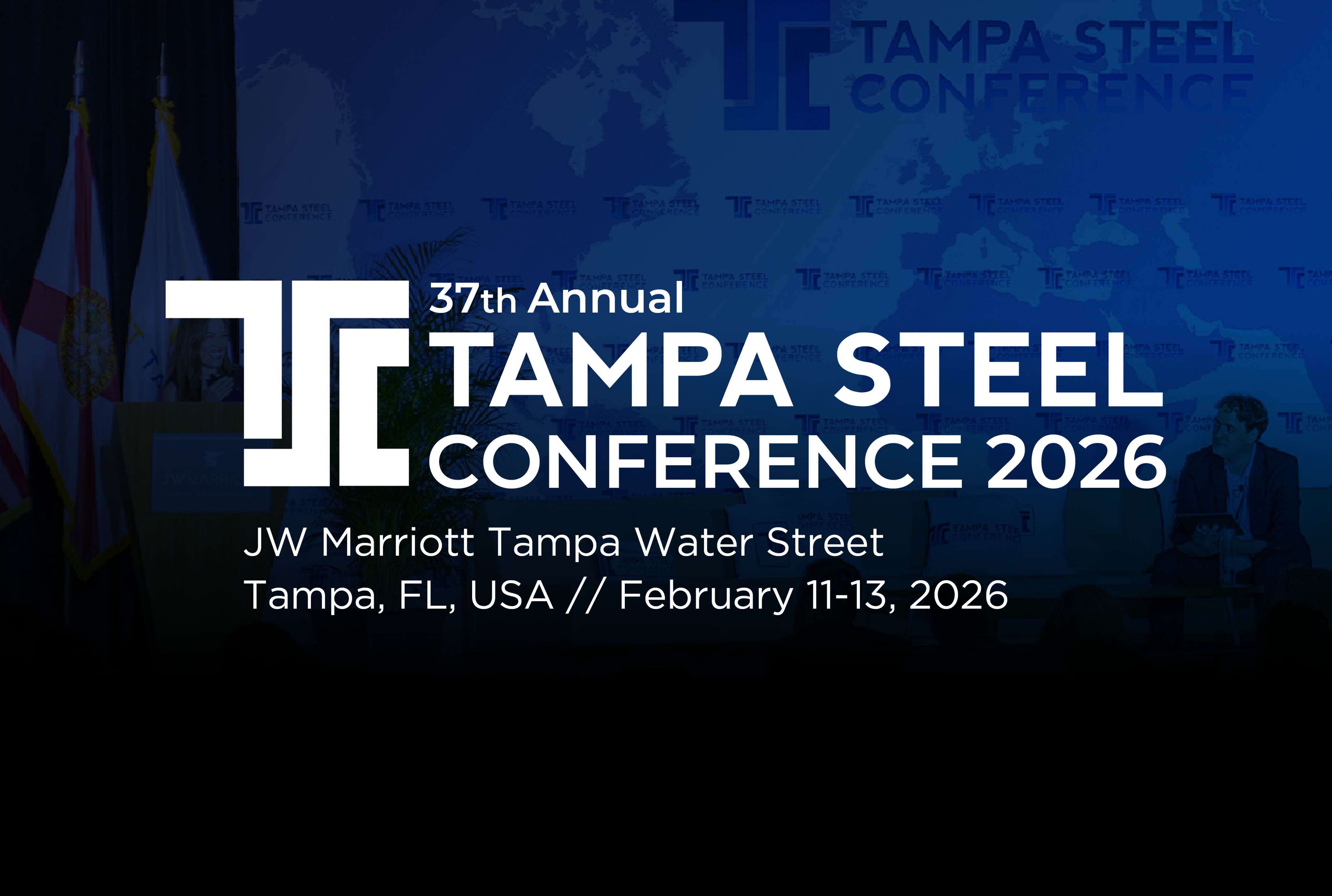Community Events
January 12, 2024
SMU Spotlight: Adina Renee Adler takes on decarb with the Global Steel Climate Council
Written by Becca Moczygemba
The Global Steel Climate Council (GSCC) was formed to advance the steel industry’s climate strategy. And its intentions are clear: establish standards and advocate for carbon emission reductions by industry members.
In December 2023, the GSCC announced the appointment of an executive director, Adina Renee Adler. Now, Adler is tackling decarbonization and moving to accelerate the steel industry’s greenhouse-gas reductions.
Steel Market Update sat down with Adler to peek behind the scenes of the GSCC.
Below is a lightly edited version of the interview
Steel Market Update: You just became the executive director of the Global Steel Climate Council. What does that mean?

Adina Renee Adler: The Global Steel Climate Council, or the GSCC, was created a little over a year ago by a collective of steel companies who want to tell a story about taking real action towards decarbonizing their industry. They want to offer products that can be marketed as green and as a part of that journey. The group created a standard to put them on an actual glide path towards a scenario that aligns with the Paris climate agreement. Now it’s time to promote the standard to help the companies implement it and get the word out. I was hired as the executive director to oversee those activities and to work closely with member companies to advocate in front of governments and customers and other stakeholders.
SMU: Can you tell me more about your background? Have you always been in the steel industry?
ARA: I came into this role with a pretty diverse career path that I didn’t plan on, but it’s there. I worked for 10 years in the US government as a trade negotiator. I worked for a couple of Fortune 500 manufacturing companies in the commodity space, both in metals, but also as a metals consumer.
I worked for the trade association that represents the recycling industry, so that’s really where I cut my teeth on circular economy matters. I also worked for a think tank talking about the importance of the circular economy, and where industries of all sorts, including the steel industry, can play a role.
SMU: What’s the most exciting part of coming into this position?
ARA: We’re still kind of in startup mode, so there’s a lot of work to do. I’m excited to cultivate this organization and bring all the various members and supporters together on this journey. Unfortunately, I wasn’t there from day one, but I still feel like I’m there from day 1.5. We do have a lot of base work to do, but for me it’s going to be outreach, getting different perspectives on what a decarbonization journey can and should and will look like. And then watching the progress take place I think will be very exciting!
SMU: What is one experience from past positions that you can apply in this position?
ARA: I don’t know if it’s a skill, but honesty and integrity come to mind. I don’t think everybody does that and maybe some people are successful for not doing that, but that’s just not my approach. For me, it’s about positive messaging rather than, “Choose us, don’t choose them.” In my first six months I want to make sure that telling a positive story; we’re having constructive conversations about what we’re doing.
SMU: For companies and/or individuals who want to be more involved in the GSCC, or want to be more involved in decarbonization initiatives, what’s the first step?
ARA: Well, the first step is to give me a call and let’s have a conversation about what role will be the best fit. There are different viewpoints on what the decarbonization journey looks like. What’s required, how do you do that? What standards might or might not be the best way to do that? But having groups that see the GSCC and its vision as being a really, really important glide path for decarbonization, we’d love to have them on board as supporters.
SMU: Who are the members exactly?
ARA: Our members are the steel mills. We also have companies that consume steel to make products, such as in the transportation sector or the construction sector. The reason that you bring them into the fold is that they’re establishing their support, and they are or will be a buyer of steel that is certified against the steel climate standard. They’ll have an opportunity to help shape the future of the organization. Other supporters include several trade associations and companies in the recycling industry.
SMU: That’s great that the industry gets to have an input.
ARA: When the standard was drafted last year, we put that out for public comment.
We now have a draft of a technical guidance document. It’s intended for the mills to understand how to implement the standard itself and for third party verifiers to understand what they’re certifying. It’s currently out for public comment. The idea is, it doesn’t just have to be the steel producers, the consumer companies, or even the environmental NGOs, but really anybody is welcome to provide some feedback on the technical document.
SMU: What’s in store for this year?
ARA: We’re ready to bring everybody in. We’re ready for the companies to really start this journey.
It’ll take some time, obviously, but we have to start now. I’m always available for people to talk about how we make sure that it actually works. I’m always open to ideas and feedback. I have an amazing board. I don’t want to understate that these are people who are freely giving time, in an already busy schedule, to make sure that this endeavor works.






